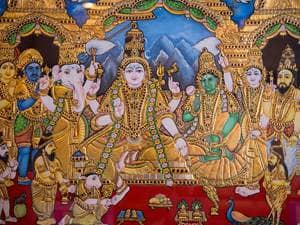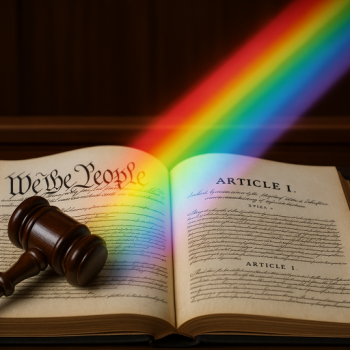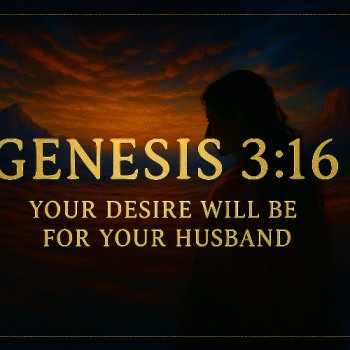
People commonly assume Hinduism is a polytheistic religion, and yet outsiders often wonder exactly how many gods Hindus believe in. What’s interesting and often surprising to non-Hindus is that many practitioners of Hinduism actually are polytheists, but not all are. Indeed, one can technically be a “good Hindu” and be a polytheist, monotheist, modalist, or even a henotheist. Thus, in Hinduism, there really isn’t uniformity of belief, making the answer to the question “How many gods does Hinduism have?” a rather complex one.
Estimates of the total number of Hindu gods run from as low as 1 (that’s right, one) to as high as 330 million. Wow! While that disparity will likely be confusing to strict monotheists (like Jews, Christians, and Muslims), for Hindus, this is completely logical, largely because Hindus are left to decide for themselves what they feel about the nature of God, how many gods they believe exist, and how to approach the divine (as they engage in puja or worship). Hinduism simply isn’t a dogmatic tradition, which explains how they could accept both monotheistic and manifold constructs of the divine.
So, how is it possible for Hinduism to have only one God while, at the same time, having as many as 330 million gods? Well, the answer to this lies in the fact that Hinduism comfortably accepts both infinite and single expressions of the divine.
This variety in “orthodox beliefs” regarding God’s nature will usually cause those from non-Hindu monotheistic traditions to wonder, “How can this be?” Hindus constantly find that, as they try to explain their faith’s variety of beliefs about God to those outside of Hinduism, there is typically a disconnect. It simply doesn’t make sense to many non-Hindus. There is a somewhat humorous story, which tells of a conversation between a Christian and a Hindu, and which illustrates how incredibly hard it is for Christians to grasp the Hindu approach to God. One description of the dialogue goes as follows:
Christian: “So which is it? One God, or a whole bunch of gods?”
Hindu: “Absolutely! Or, if you prefer, not so absolutely.”
Christian: “No, seriously, what’s the answer?”
Hindu: “Well, how many gods would you like for there to be?”
Christian: “That’s ridiculous! You’re avoiding my question!”
Hindu: “Well, what if I told you that human beings have no right to tell the Divine (God, the Eternal, the Ultimate) what forms to take—or how many forms are acceptable?”
Christian: “But it has to be one way or the other.”
Hindu: “Does it? If everyone understands that any label for God is inadequate, then what does it matter which label is used, or how many labels are used? They’re all inadequate.”
Christian: “So there is one God?”
Hindu: “From a certain point of view.”
Christian: “And there are lots of gods?”
Hindu: “From a certain point of view.”
Hinduism essentially allows for millions of gods and innumerable beliefs about God; but it also allows for a monotheistic approach to the divine. This faith tradition imagines God in many forms and speaks of the divine by many names, but it also quite comfortably allows for God to be a singular being that either appears in different modes (or forms), or which is conceived of in millions of ways (much like how Jesus is called the “lamb of God,” the “bread of life,” or the “way” in Christianity).
For Hindus, selecting your God (or gods) is a bit like finding the right life-partner; you need to find the one that’s right for you! Typical Hindus embrace the view of God that works best for them personally. That construct of the divine might be male, female, or even androgenous; but it might also be one God or millions of gods. Hindus tend to look for a construct of God that fits their personal views and needs. That construct will almost certainly be influenced by where one is born, what caste one is born into, the views about the divine of the family in which one was reared, and one’s personal needs. But, for some Hindus, it matters less whether their understanding of the number of gods which exist is “correct,” and more whether it “meets their needs.”
So, how many gods does Hinduism have? Well, exactly as many as its practitioners need! And that number can change from day to day—as new gods emerge, old gods combine, or one’s life circumstance changes! Yes, Hinduism has “one God,” but it also has millions of gods. And that is perfectly fine and even logical to most Hindus.
5/24/2024 4:03:29 PM










